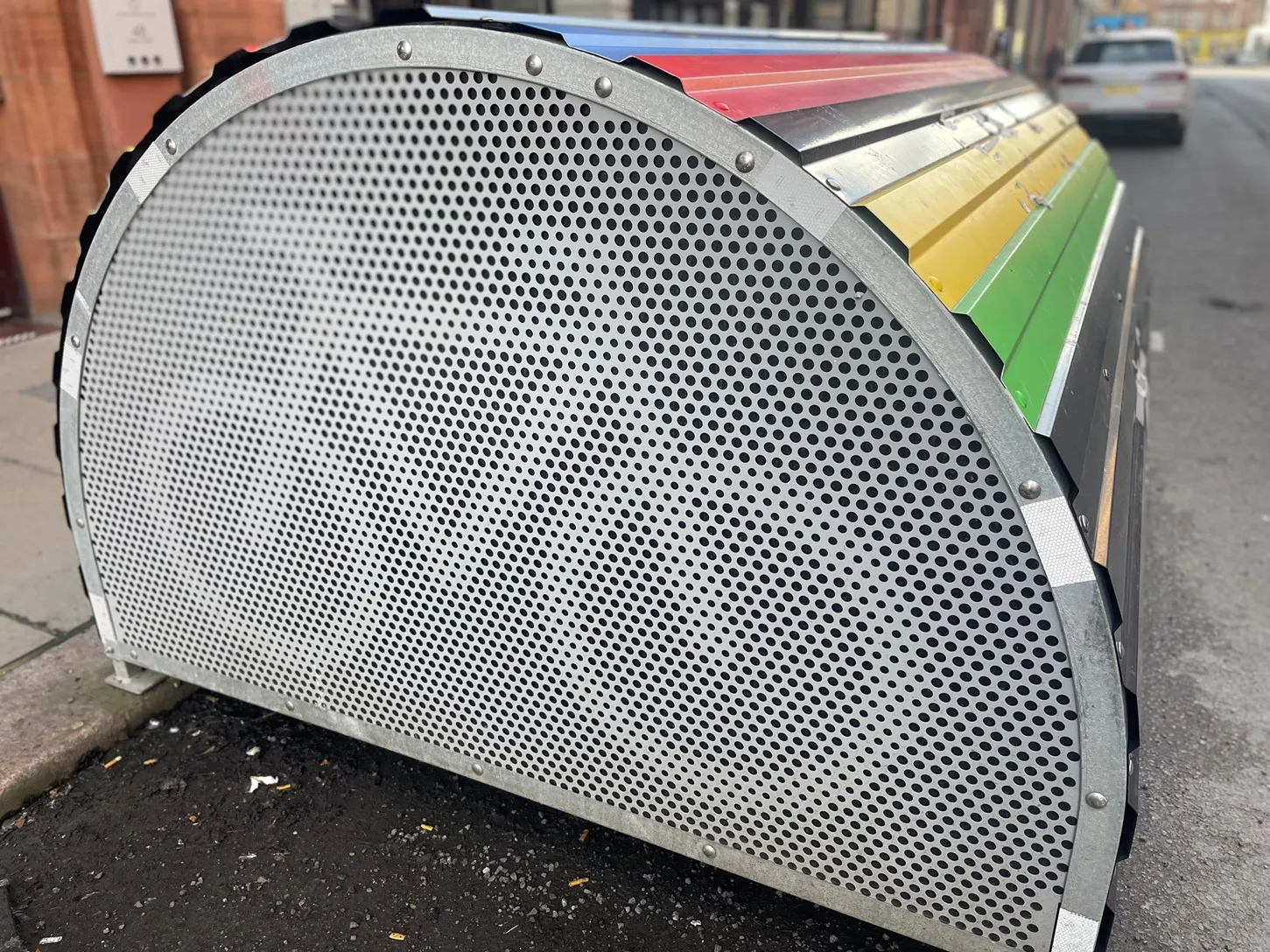A consortium of Siemens, US company Bechtel and local construction companies Almabani and Consolidated Contractors Company has been awarded a subway contract worth US$10 billion by the Riyadh High Commission for Urban Development (ArRiyadh Development Authority).
Siemens, whose share of the deal is worth around US$2.1 billion, is supplying subway rolling stock, electrification systems and signalling technology for driverless operation, as well as system integration.
October 11, 2013
Read time: 2 mins
A consortium of 189 Siemens, US company Bechtel and local construction companies Almabani and Consolidated Contractors Company has been awarded a subway contract worth US$10 billion by the Riyadh High Commission for Urban Development (ArRiyadh Development Authority).
Siemens, whose share of the deal is worth around US$2.1 billion, is supplying subway rolling stock, electrification systems and signalling technology for driverless operation, as well as system integration.
With a population of five million, the city, which previously relied primarily on diesel buses for its urban transit needs, intends the investment in the six-line, 175 kilometre metro as a step towards modernisation of the traffic infrastructure.
The signalling and train control technology ensures that, particularly during rush-hour periods, trains can operate at 90-second intervals, an operating frequency that enables the system to handle 21,000 passengers per hour. The two lines will be equipped with WLAN-based control system for driverless and conductor-less train operation, as well as automatic train control, radio transmission and 31 electronic interlocking systems. Siemens is also equipping the operations control centre for both lines.
Siemens will also supply the power supply systems, emergency power facilities with diesel generators and uninterruptible power supplies (UPS). The power supply systems use the electrical energy generated by the trains when the brakes are applied, which is fed back into the metro system's power supply and made available for all other electrical loads.
Siemens will also deliver a total of 74 aluminium metro vehicles, designed to run on standard-gauge track at a top speed of 90 km/h.
Siemens, whose share of the deal is worth around US$2.1 billion, is supplying subway rolling stock, electrification systems and signalling technology for driverless operation, as well as system integration.
With a population of five million, the city, which previously relied primarily on diesel buses for its urban transit needs, intends the investment in the six-line, 175 kilometre metro as a step towards modernisation of the traffic infrastructure.
The signalling and train control technology ensures that, particularly during rush-hour periods, trains can operate at 90-second intervals, an operating frequency that enables the system to handle 21,000 passengers per hour. The two lines will be equipped with WLAN-based control system for driverless and conductor-less train operation, as well as automatic train control, radio transmission and 31 electronic interlocking systems. Siemens is also equipping the operations control centre for both lines.
Siemens will also supply the power supply systems, emergency power facilities with diesel generators and uninterruptible power supplies (UPS). The power supply systems use the electrical energy generated by the trains when the brakes are applied, which is fed back into the metro system's power supply and made available for all other electrical loads.
Siemens will also deliver a total of 74 aluminium metro vehicles, designed to run on standard-gauge track at a top speed of 90 km/h.









